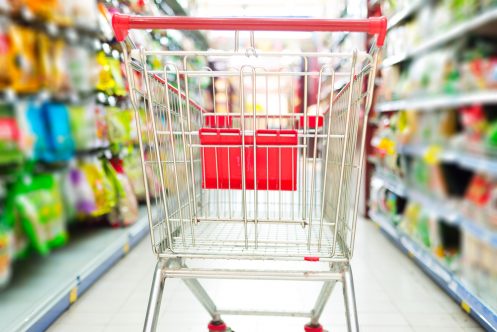
Economic slowdown drives beverage innovation among bottom-end retailers
Push for innovation
This has forced manufacturers in the beverage market to rethink their strategies in order to maintain sales volumes. This is evident in various areas, such as the ongoing geographical shift that has seen market players look to previously underserviced regions outside of the key metropolitan regions of Gauteng, KwaZulu-Natal and the Western Cape for growth prospects.
The economic meltdown has also necessitated that manufacturers become more innovative in their approach – a trend that is making its presence felt especially in the bottom-end retail sector among independently-owned stores.
In these bottom-end outlets, there is ongoing promotional activity to satisfy loyal customers and attract new ones; a greater emphasis than before on customer care and meeting the specific needs of local customers; and excellent support from beverage manufacturers in terms of competitions and branding.
Collective bargaining
Bottom-end retailers are also buying greater volumes of drinks in bulk. Realising the power of collective bargaining, there is now a move towards these retailers banding together and jointly demanding more competitive prices for their bulk purchases. These cost savings are passed onto customers, helping to sustain consumer support in these financially challenging times.
Manufacturers have responded to this positive push with an increased focus on bottom-end retailers, especially in areas where their products have previously had little presence. This includes making available more extensive ranges of the different flavour varieties and packs in the various beverages they produce.
Non-alcoholic beverage boom
These innovative approaches to doing business in a depressed economy might well account for the changes we have witnessed within the broader beverage sector itself. The total non-alcoholic beverage market has grown faster than its alcoholic counterpart and, for the first time, now garners a larger market share than alcoholic beverages, providing an indication of the market changes currently taking place.
BMi Research findings support this, showing that sports and energy drinks, as well as bottled water, are driving strong segment growth, while soft drinks and dilutables (reconstituted drinks) continue to hold the majority market share. The attractive health positioning of dairy beverages is underpinning growth in this sector as well.
There is no doubting the impact of the economic fallout on the beverage market, but these changes might just mark the beginning of a new chapter for bottom-end retailers, should they continue to connect with their customers in these new and exciting ways in the future.


